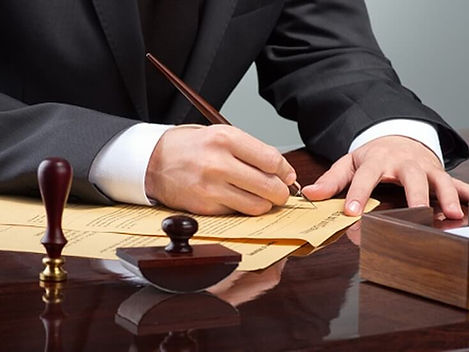By ANKITA DAS and ANAMIKA JHA
When we hear the term ‘performer’ the image of singers, actors, dances, theater artists, etc. develop in our minds. Legally this term is much wider than the popular meaning of the term performer. As per section 2(qq) of the Copyright Act, 1957 (Hereinafter referred to ‘Act’) a performer includes an actor, singer, musician, dancer, acrobat, juggler, conjurer, snake charmer, a person delivering a lecture or any other person who makes a performance!
You must be wondering what does the phrase ‘any person who makes a performance means’? It gives rise to several other complicated questions. If an actor performs in a film then does he have the exclusive right over his performance? Does his right supersede the rights of a film producer? Does a film producer have to take license/assignment from each actor, singer, musician, dancer (including background dancers, etc. to use their performance in his cinematographic film? Does an event organizer need a permission from the performer to record and upload the video of the event on YouTube? We shall be able to address all these questions only if we understand the nature and scope of Performer’s Right.
In this article, we are going to address the same with five basic points;
A. Who are the performers? As we have already discussed a performer is any person who makes a performance. Section 2 (q) of the Act defined performance. Performance in relation to performer’s right means any visual or acoustic presentation made live by one or more performers. Hence, any live visual or sound presentation shall be called performance. Therefore, along with the list given in Section 2 (qq) of the Act, a performer also includes stand up comedy, one who recites the poem and story, folk dance, etc. Thus, In the simplest term, anyone who is giving a live performance is a performer.
B. What are special exclusive rights a performer enjoy in India? Section 38, 38 A, and 38 B of the Copyright Act, 1957 deal with the Performer’s Right in detail. Performers Right is a special right given to all the performers who appear and engage in any performance. This right will remain in existence for 50 years from the date of performance. There are two exclusive rights given to a performer. The first is to make a sound recording or a visual recording of the performance. This right includes a reproduction of the performance in any material form, issuance of copies of the same, communication of it to the public, selling or giving it on commercial rental, etc. The second exclusive right is to broadcast or communicate the performance to the public.
C. Does an event organizer have to take permission from the performer to record or broadcast the performance? Ideally, the answer to this question is affirmative. Suppose, you have organized a stand up a comedy show. Many comedians have performed in the show. Now, you want to make the recording of the show. You want to upload the same on various social media sites. Further, you want to broadcast the same on a local channel. Legally, any of these can be done only by taking authorization from the performers. Ideally, an event organizer can have a standard agreement with all these performers. The standard agreement shall include the consent and authorization by the comedians in favor of the event organizer.
D. Does a filmmaker have to take the permission of all the performers to incorporate the same into her film? As per section 38 A (2) of the Act, the producer has to get the consent/ authorization or assignment of rights by the way of a written contract between the filmmaker and the performer. Hence, a producer shall have the absolute right to enjoy and economically exploit a performance incorporated in a cinematographic film. A performer cannot object to the same. However, the performer shall have the right to receive a royalty if the work is exploited commercially.
E. The moral right of a performer: Section 38 B of the Act confers moral rights upon performers. The Performer will have the right to receive the credit for his/her performance. S/he will also have the right to restrain or claim damages in respect of any distortion, mutilation, or other modifications of his performance that would be unfavorable to her/his reputation. However, the law clarifies that mere removal of any portion of performance for editing, or to fit the recording within a limited duration, or any other modification required for purely technical reasons shall not be deemed to be prejudicial to the reputation of the Performer.
Our courts have also recognized the Performer’s Rights in several judgments. Delhi High Court came up with the judgment on the recognition of the performance right in the case of Super Cassettes Industries v. Bathla Cassette Industries [107 (2003) DLT 91]. In this judgment, it was held that the recording of the song without the permission of the original performer calls for infringement of the performer’s right. In 2006, in another judgment of Neha Bhasin v. Anand Raj Anand [2006 (32) PTC 779 Del.], the court held that recording and exploitation a performance without the permission of the performer shall amount to the infringement of the rights of the performer.
Hence, we suggest the performers must be aware of their exclusive special rights guaranteed under law. Further, the filmmakers and the event organizers also must take due permission from the performers through agreements. It shall create a win-win situation for both the parties and avoid any prospective legal conflicts.
We hope you get some insight from this article!







